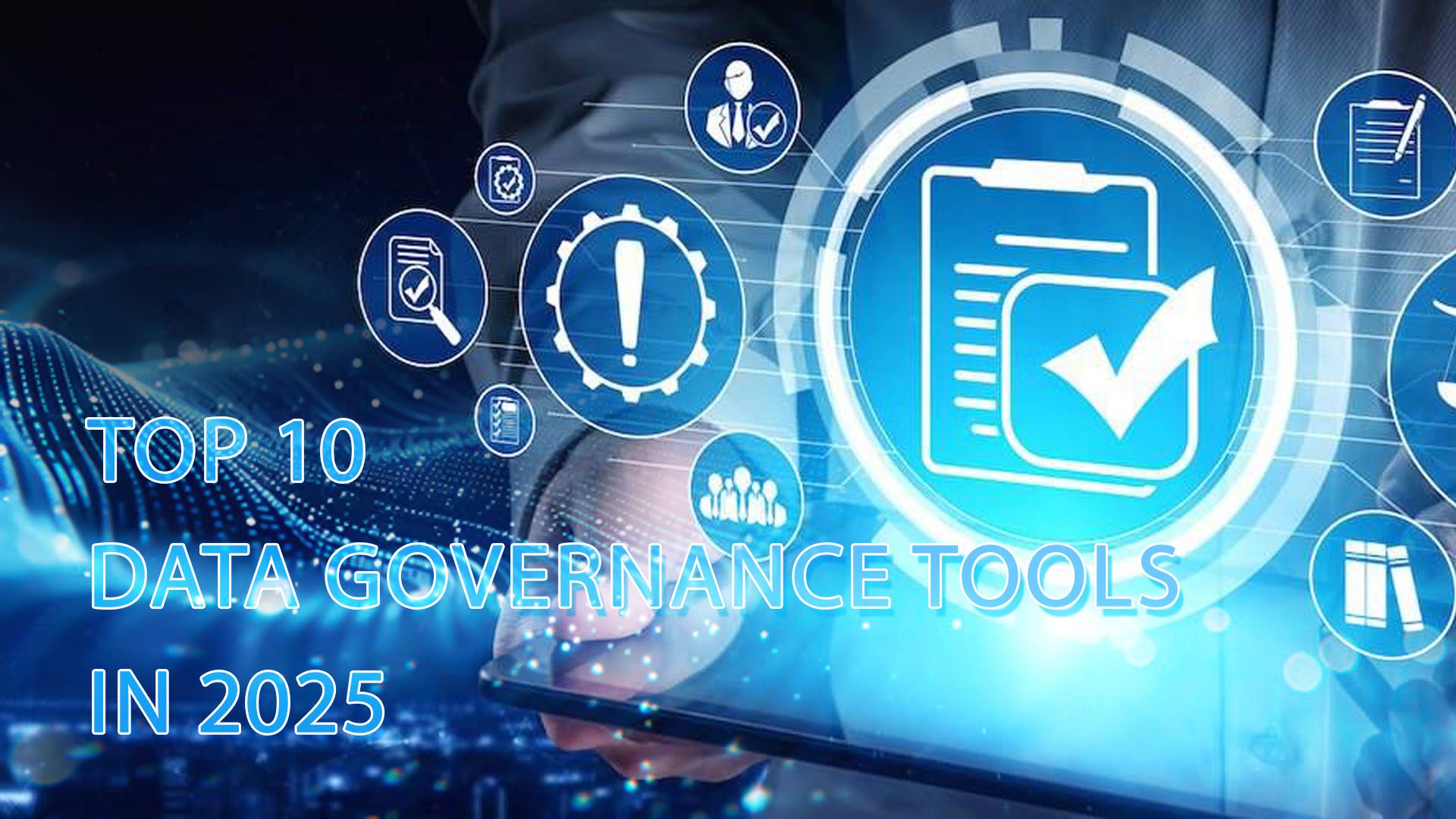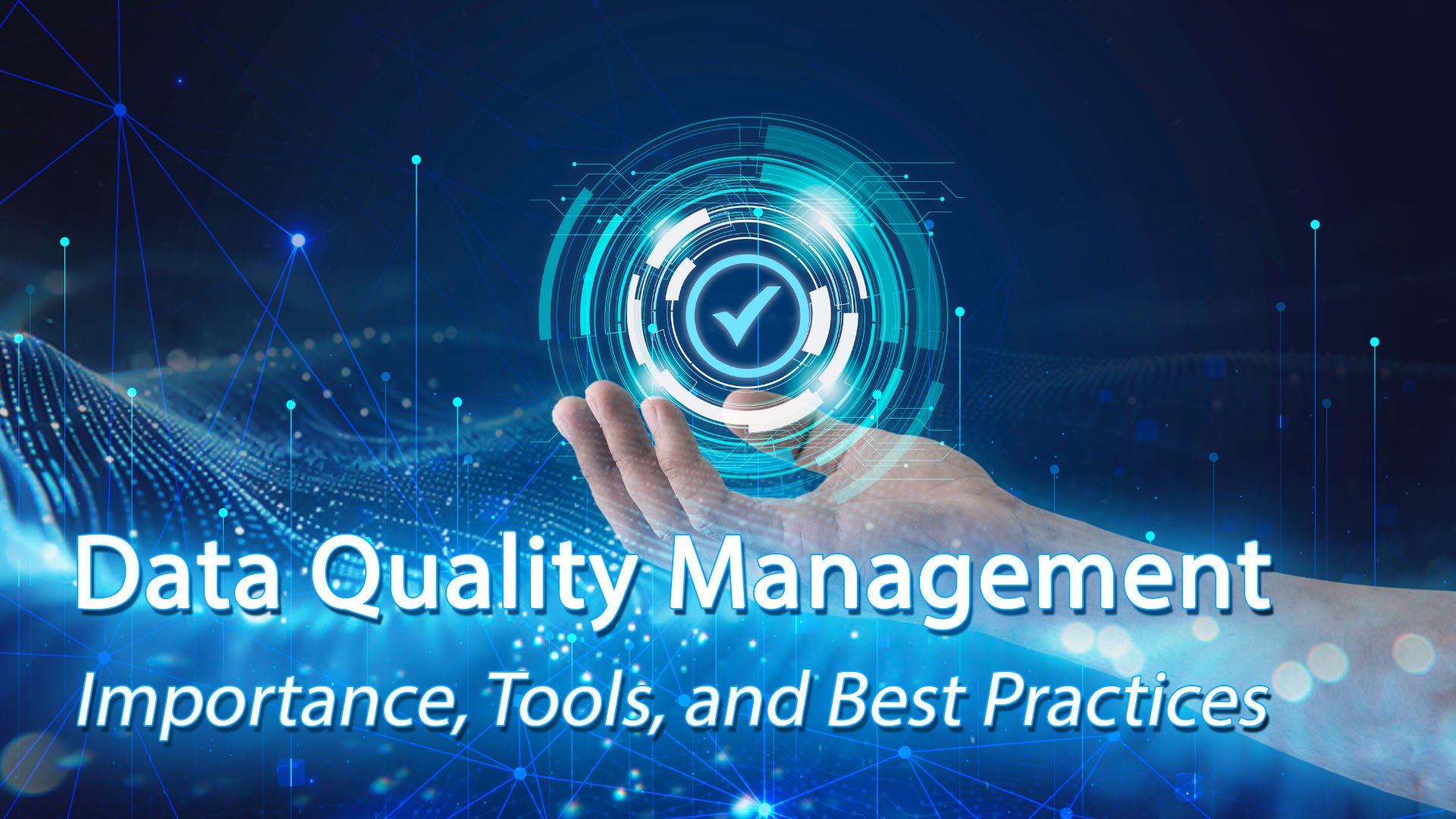A professional AI data processing company will always understand that the value of data lies in the ability to transform them into useful insights. As the volume of data in companies increases, traditional data processing methods become outdated, expensive and prone to errors. That is when AI data processing services revolutionize the way businesses operate. In this article, the DIGI-TEXX team will analyze in depth how AI is reshaping the data processing field, the core services that an AI partner provides, and how to choose a reputable AI Data Processing Company.
How Artificial Intelligence Is Changing Data Processing

Traditional data processing is a linear process, often requiring significant manual intervention. Because it is mainly human-powered, this process is not only slow but also prone to errors. Errors will become more apparent as business data grows to thousands of terabytes of emails, images, PDFs, and text.
With systems using AI and ML, it is possible to analyze, classify, and learn from input data patterns. This allows systems to automate complex tasks at an unimaginable speed and scale. For example, AI can read thousands of invoices in minutes, understand the context of customer feedback emails, or identify anomalies in a huge financial data set and make timely adjustments. The impact of AI on data processing can be listed as:
- Speed: Tasks that used to take weeks with manual processes such as: extracting information from contracts, comparing output and input invoices, cross-checking business data, … can now be completed in real time.
- Accuracy: AI significantly reduces human error in data entry and classification. By learning from previous examples and continuously improving, AI models become more accurate over time, ensuring the integrity of output data.
- Cost: Thanks to AI, most repetitive processes have been automated, thereby freeing human resources to more important tasks. Instead of focusing on manual data entry, employees can move on to analysis and strategic decision-making activities, bringing higher value to the company.
- Scalability: As a business grows, so does the amount of data. AI data processing solutions can easily scale to handle larger workloads without the need for costly increases in staff or infrastructure.
Core Services of AI Data Processing Providers
AI data processing companies will provide comprehensive managed services and corresponding technologies to solve specific data challenges. These services will transform raw, messy data into structured assets, ready for analysis and decision making.
Data Extraction & Capture

This is one of the AI data processing services that many businesses are most interested in. Currently, up to 80% of business data is unstructured — scanned documents, PDFs, emails, forms, and images. AI data extraction services will use advanced technologies such as:
- Optical Character Recognition (OCR): Convert images of text (from scanned documents or photos) into digital text that can be read by machines.
- Natural Language Processing (NLP): Once the text is available, NLP will understand the meaning and context. This technology can identify important entities (e.g., customer name, invoice number, date, contract terms) even if they are located in different locations on different document pages.
- Machine Learning (ML): Machine learning models will be trained to recognize specific types of documents (e.g., invoices, purchase orders, medical records) and know exactly what information to extract.
This service is often the first step of AI document processing, when done well, the company or organization will be able to fully automate the ingestion of data from unstructured sources.
>>> Read more: Automatic Data Processing (ADP): Key Insights & Benefits
Data Cleansing & Normalization
Raw data always contains errors, duplicates, missing information, or inconsistent formatting (e.g., ‘USA’, ‘U.S.A’, ‘United States’ all refer to the same country). Therefore, there is a need for automated AI-powered data cleaning and standardization services, which typically perform the following steps:
- Error Detection and Correction: Identify unusual or incorrect values (e.g., an email address missing an “@”).
- Deduplication: Find and merge duplicate records of the same entity. For example, a customer entered twice with two different spellings of their name.
- Standardization: Ensure all data follows a consistent format, which makes the data more reliable for analysis and system integration.
Predictive Data Analytics

Once the data is extracted and cleaned, predictive analytics models begin to generate analysis. Instead of just looking at what has happened (descriptive analytics), AI helps predict what will happen next and suggests actions the business needs to take. By analyzing collected data patterns, Machine Learning models can:
- Forecast market trends and customer demand.
- Identify customers at risk of churn.
- Detect fraudulent transactions in real time.
- Optimize supply chains by predicting inventory needs.
A competent AI data processing company will help businesses have the information they need to make informed decisions in the future.
Why Businesses Choose AI-Powered Data Processing Partners

Building an in-house AI data processing system is extremely expensive. It requires a large investment in technology infrastructure and a team of expensive data science experts. This is why more and more businesses are choosing to partner with a professional external AI data processing company rather than building it themselves. Here are some reasons:
- Access to Advanced Technology: Professional partners have invested and developed advanced AI, OCR, and ML platforms. Businesses can immediately take advantage of this leading technology without the cost of developing it from scratch.
- Focus on Core Competencies: Data processing is an important process but is not the core business of most companies. Outsourcing allows internal teams to focus on what they do best—product development, sales, and customer service.
- Cost Optimization and Efficiency: Instead of maintaining a fixed team, businesses only pay for the AI data processing services they use. This model often results in higher cost efficiency and better budget predictability.
- Expertise and Experience: A reputable AI data processing company will always have extensive experience implementing similar projects for clients in different industries. They understand the variable case studies and best practices to ensure project success.
- Flexible Scalability: When your data processing needs suddenly increase or decrease (e.g. during peak season), an external partner can easily adjust the scale of resources to meet without disrupting your operations.
Industry Applications of AI Data Processing

AI data processing services are being applied in almost every industry to solve specific problems, including:
- Finance and Banking: This is the leading field in applying AI document processing. AI is used to process millions of loan applications, automatically extract information from KYC (Know Your Customer) forms, detect credit card fraud, and ensure compliance.
- Healthcare: AI will automate the processing of electronic health records (EHR), extract data from insurance claim forms, and analyze unstructured medical notes to aid in diagnosis.
- Retail and E-commerce: Companies use AI to analyze customer feedback from multiple channels (email, social media) to understand sentiment (sentiment analysis), personalize product recommendations, and automate the processing of invoices from suppliers.
- Manufacturing and Logistics: AI data extraction services are used to process orders, packing lists, and shipping documents. Predictive analytics helps optimize predictive maintenance schedules and supply chain management.
- Human Resources: HR departments use AI document processing to automatically screen CVs, extract new employee information during onboarding, and process timesheets.
Choosing the Right AI Data Processing Partner

From the above analysis, you can see that choosing the right partner is crucial to the success of your company’s data strategy. Therefore, when evaluating potential vendors, consider the following factors:
- Technological Capabilities: Do they use advanced AI, ML, and OCR technologies? Ask to see demos of how their platform handles document types similar to yours (how fast, how secure, and how they use the most advanced technologies)
- Industry Experience: Does the partner have experience in your industry? A vendor who understands your industry and its processes will be more valuable to work with than one with only general experience.
- Security and Compliance: Most companies’ data is highly sensitive. Ask about the partner’s security protocols. Do they have certifications like ISO/IEC 27001 or GDPR? Does the partner process data on-premise or will it be stored in the cloud? What guarantees will the company’s data be secure and not exposed to outside parties?
- Integration: AI data processing services will need to be seamlessly integrated with your existing systems (e.g., ERP, CRM, document management system). Once the data is processed, can the partner integrate and stream the data directly to your systems?
- Service Model: Do they offer a fully managed service or just SaaS? Make sure to check that their model fits your support needs and internal resources.
- Customer Support: Evaluate the quality of support, responsiveness, and the process for resolving issues or when accuracy is lacking.
Conclusion
In today’s highly competitive business environment, delays in data processing mean missing out on valuable opportunities to outperform your competitors. The explosion of artificial intelligence has provided a huge potential for data to be synthesized and valuable information to be extracted. Therefore, partnering with a competent AI data processing company is a strategic imperative. If you are ready to start transforming your data processing process, contact DIGI-TEXX today for advice on AI document processing solutions and AI data extraction services that best suit your business needs.
>>> See more: Everything You Need to Know About Business Data Processing in 2025


